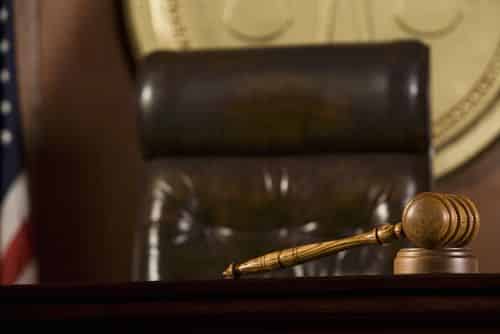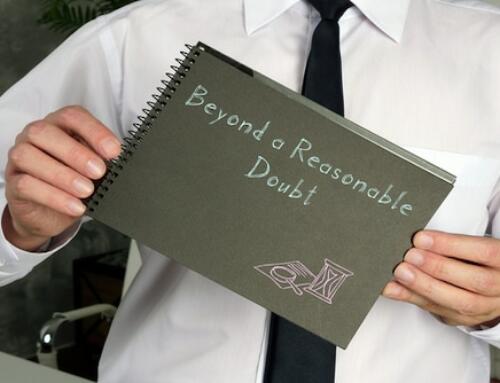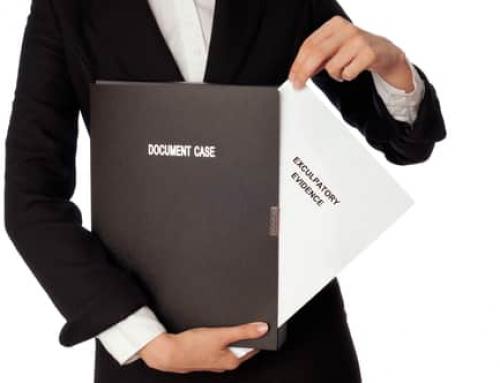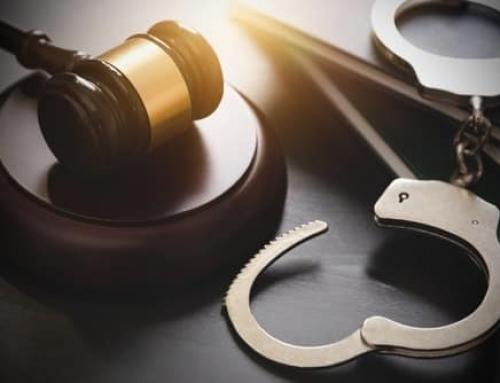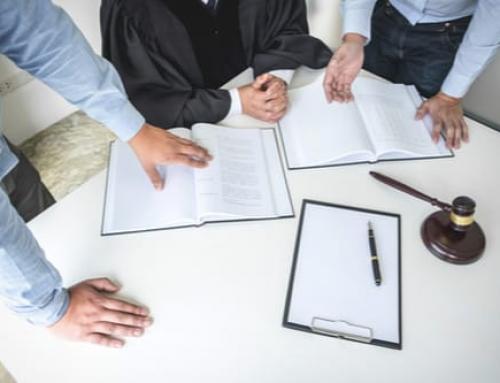Motion to Suppress: A Criminal Defense Attorney’s Best Weapon
In this video, my first, I take a few minutes to explain what a motion to suppress is and how it can effectively be used by a criminal defense lawyer when their client is charged with a possessory offense such as, possession of a firearm, possession of drugs or possession with intent to deliver. We all maintain certain privacy rights and police do not have the right to pat you down without reasonable suspicion to believe that you are involved in some criminal activity or that you are armed and dangerous. Furthermore, police need probable cause in order to conduct a full search of your person. If police search you without reasonable suspicion or probable cause, the court can rule that any evidence obtained must be suppressed or excluded from evidence at your trial. If only charged with gun or drug possession and the prosecution is precluded from admitting any evidence concerning possession of either, they will have no choice but to withdraw the charges as they can not prove their case.
Additionally, although not discussed in detail in this video, police can not search your home, vehicle or any other private property without first having probable cause to do so. If police have probable cause to search a home, they must first apply for a search warrant where they must include in an affidavit of probable cause those facts they believe grant them probable cause to conduct the search. A magistrate judge must review that affidavit, sign and seal it permitting the police to conduct the search. The only time police do not need a search warrant to enter and search a home is if there is some exception to the warrant requirement such as observing an item in plain view, consent or permission from the appropriate person to search or exigent or emergency circumstances.
If you or a loved one has been arrested and charged with gun or drug possession, immediately contact Philadelphia criminal defense attorney, Brian M. Fishman for a free consultation concerning your rights.

